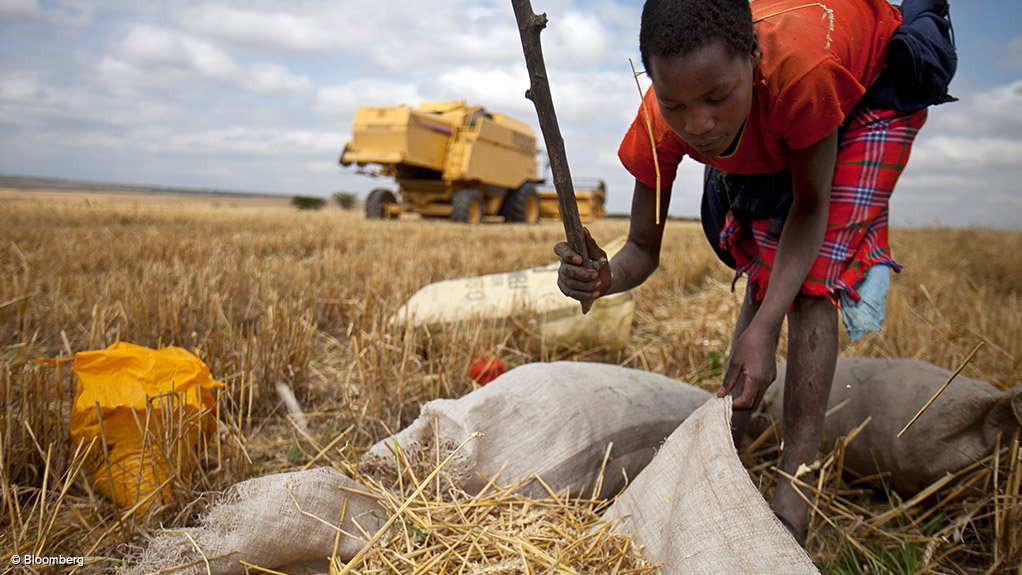In the run up to a regional International Fund for Agricultural Development (IFAD) workshop for East and Southern Africa, IFAD director Périn Saint Ange has described the role of small-scale African farmers as central to the development of the continent, saying that these agriculturalists produced the bulk of the continent’s food.
“Despite this, small-scale farmers face daunting challenges of low productivity, poor access to markets, insufficient capital and the disruptive impact of climate change.
“We need to seize this moment of high economic growth in the region to provide small-scale farmers with the support they need to provide food and decent incomes for themselves and for the region as a whole,” he said, noting that the continent’s leaders were increasingly prioritising the agriculture industry in their development strategies.
Saint Ange’s comments came a day before the start of a six-day workshop in Livingstone, Zambia, to review lessons learned from IFAD-funded projects and identify strategies to address challenges faced during their implementation.
The workshop, which would be attended by Zambian Finance Minister Alexander Chikwanda and Zambian Agriculture and Livestock Minister Wilbur Simuusa had attracted over 200 participants, including government officials, representatives of other United Nations (UN) agencies, bilateral development institutions, members of the private sector, civil society groups and partners from IFAD-funded projects in the region.
In keeping with the UN’s designation of 2014 as the International Year of Family Farming, and the African Union declaring 2014 as the Year of Agriculture and Food Security, family farming and agricultural investment would be a central focus of the workshop.
Since its founding in 1977, the IFAD had supported national efforts to improve the lives of family farmers in Africa and elsewhere in the developing world.
By December last year, the organisation had 44 ongoing programmes and projects in 18 countries in East and Southern Africa, representing $1.2-billion of IFAD financing.
Another five projects were last year approved for Ethiopia, Rwanda, Seychelles, Uganda and Zambia, for a total IFAD investment of $159-million.
In Zambia alone, since 1981, the IFAD had financed 13 programmes and projects totalling $315-million.
EMAIL THIS ARTICLE SAVE THIS ARTICLE
To subscribe email subscriptions@creamermedia.co.za or click here
To advertise email advertising@creamermedia.co.za or click here











